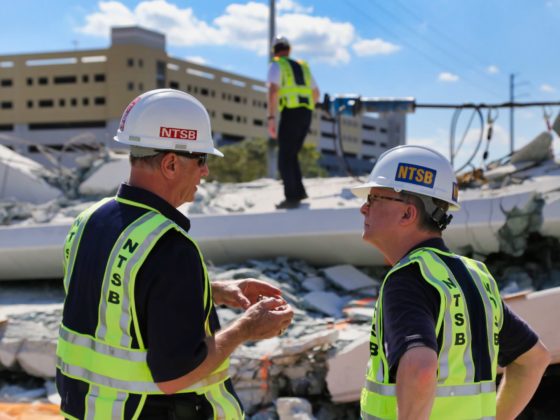On October 3, 2020, right after lunch, Francisco Rivera kissed his wife and went down the stairs just outside their apartment door. As witnessed by his wife who was still standing at the threshold of her doorway watching her husband, Frank stepped down the first step with his right foot followed by his left foot. As he lifted his right foot to reach for the second step, the lives of Frank’s family changed forever. Frank’s feet went out from under him, and he began to fall. His right hand still grasping the only handrail in the stairwell, Frank’s body began to swing around. Frank flailed with his left hand in an effort to grab a handrail, but there was none on the left side of the stairwell. Frank’s left side fell toward the stairs. Unable to catch himself, his head crashed against the stairs, and his violent fall continued until he reached the landing on the first floor.
Frank’s wife looked on in horror as blood began to spew out of her husband’s head. Trying to make sense of what she just witnessed, she looked at the stairs where her husband had just fallen and saw that it was wet and moldy. She began to scream until someone called 911.
The owners of the apartment complex where Mr. Rivera fell did not spend much money on the upkeep and maintenance of the complex. There was a lack of maintenance on the property that would be apparent to any responsible property manager or landlord. Specifically, the condensing units of the window mounted air conditioners continuously leaked onto the building’s walkways. Water was allowed to drip onto the walkways. The condensation from the air conditioning unit immediately in front of Frank’s home would trickle down to the stairwell outside his apartment and create an unreasonably dangerous condition.
Over time, moisture would accumulate, and because the top of those stairs received no direct sunlight, mold would eventually grow. Frank’s family had complained about the wet walkways. The building manager promised to have the air conditioning units repaired, but he never did. Therefore, it was left to Mrs. Rivera to clean the mold from time to time with Clorox and vinegar. Unfortunately, on this particular day Mrs. Rivera had not noticed the accumulation of mold because she had not been outside earlier that day. It was this moldy water that was the cause of Frank’s fall.
As Frank landed at the bottom of the stairs, blood began to gush out of his head. Fire rescue came to the scene and transported Frank to Jackson Memorial Hospital Trauma Center for further evaluation. While at Jackson, he was admitted with a subarachnoid hemorrhage as well as facial fractures. Frank was admitted to the ICU of Ryder Trauma Center where several CT scans were taken.
Approximately 20 days later, Frank was discharged to the inpatient rehabilitation Center for Jackson Memorial Hospital for two more weeks. Frank returned home but he was never the same. A man who was once independent in all of his activities of daily living now had to rely upon his wife and family for his most basic necessities. Frank’s traumatic brain injury resulted in a significant and debilitating injury, which caused a change in his personality and caused symptoms similar to a patient with advanced Parkinson’s Disease.
Fortunately, Frank’s family sought the help of Panter, Panter & Sampedro where Brett Panter and Al Del Risco would represent them. The insurance carrier for the apartment complex initially denied the claim saying it was Frank’s own fault that he fell down the stairs. Consequently, Brett and Al were forced to file suit. Brett and Al took various depositions of individuals involved with the maintenance of the building until they were able to establish, through expert testimony, that the condition which caused Frank to fall was an unreasonable danger. Brett and Al streamlined the case and within a year they were trial ready. But before trial, the judge ordered the parties to a mediation.
After explaining the nature of Frank’s injuries and the cause of his fall as well as the economic impact future medical care and treatment would require, the insurance carriers for the apartment complex agreed to pay $2.875 million to resolve the claim. While the money cannot replace Frank’s health it will provide his family with the financial security necessary to provide him with the medical care and treatment he will need for the remainder of his life.





